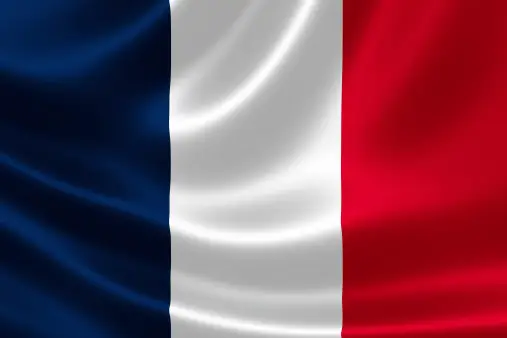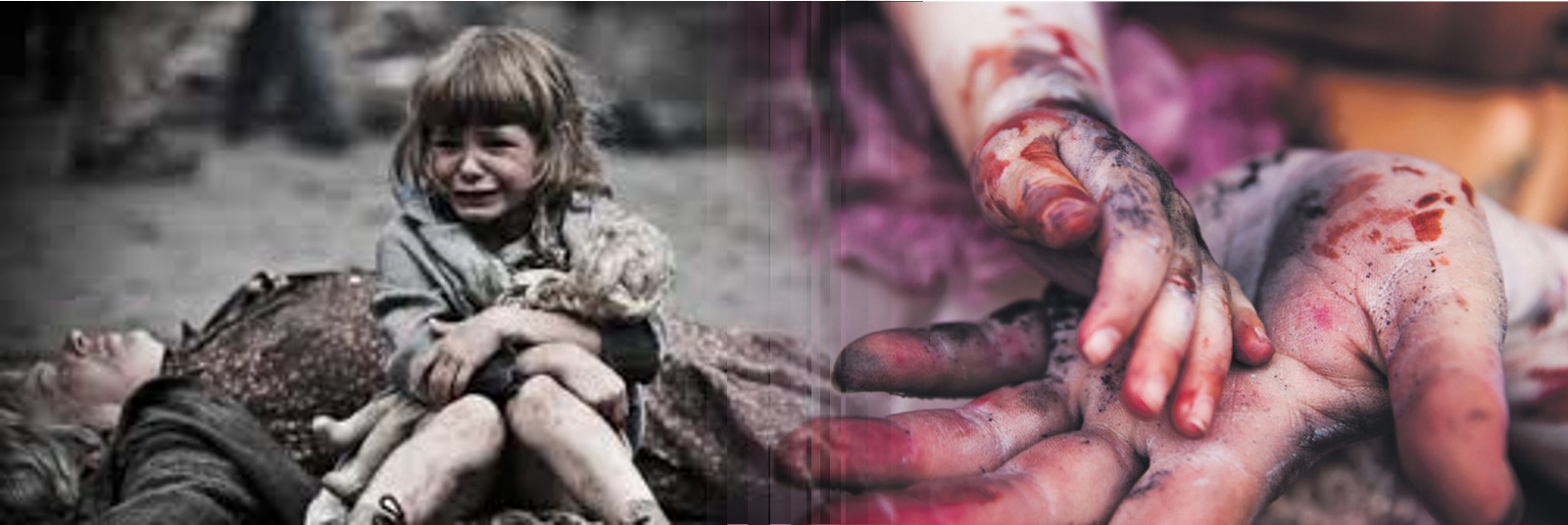Leveraging Ukraine: President Macron’s Opportunity to Propel European Militarization

On the 26th of February President Macron hosted leaders and representatives of Ukraine’s allies to “reaffirm their unity”. Around 20 European heads of state and government were present at the conference, which was opened by a video address from President Zelensky. Attendees included leaders such as German Chancellor Olaf Scholz, UK Foreign Secretary David Cameron, Polish President Andrzej Duda, and Dutch Prime Minister Mark Rutte, with relatively junior officials representing the US and Canada. The summit was aimed at exploring all means to improve and sustain European support to Ukraine. Although the EU has passed a generous aid package, without US support, which remains uncertain, European allies need to find a way to ensure they can fulfil their commitments in an efficient and sustainable manner. Admitting to Europe’s failure to meet its optimistic promise of providing a million rounds of ammunition, Macron identified ammunition provision as the top priority. He suggested increasing production within Europe and purchasing surplus ammunition stocks outside Europe. On this aspect there was some progress in relation to a Czech-led initiative to buy hundreds of thousands of ammunition rounds from third countries.
Despite supporting this initiative, President Macron warned against outsourcing the production of ammunitions and supported prioritizing the development of Europe’s own military industry. This is perfectly in line with Macron’s long-standing support in favour of a militarization of the European Union. President Macron’s commitment to bolstering Europe’s defence capabilities is a strategic response to the changing dynamics of global security. His emphasis on developing a robust European defence pillar independent of American influence signals a departure from traditional alliances, reflecting a recognition of the need for self-reliance in an era of uncertainty. Macron’s prioritization of building Europe’s own defence industry reveals a commitment to long-term sustainability, ensuring that European nations are equipped to address future challenges autonomously. Although the push for a European defence pillar is not without its critics, it aligns with the broader trend of revaluating traditional security paradigms. We also see this in Macron’s willingness to consider sending ground troops to Ukraine and to do whatever is necessary to prevent Russia from prevailing.
Although there was no consensus reached on sending troops to Ukraine, the French President highlighted how many allies had initially refused to send Ukraine most of the things they are now providing. In doing so he stressed that a change in approach has been necessary due to the changing circumstances and that, it may be the case to take yet another approach soon, in order to achieve the objective. At the conclusion of the meeting, Macron issued a warning about a shift in Russia’s stance, emphasizing its ambition to acquire additional territories beyond Ukraine, posing a heightened threat to multiple countries.
French officials expressed concerns about the lack of a cohesive Western response to Vladimir Putin’s effective war footing and the absence of clear practical measures from the West. Macron outlined five key action areas agreed upon during the meeting: cyber defence, joint production of military weapons and ammunition in Ukraine, defence of countries directly threatened by Russian offensives, enhanced military protection for Ukraine along its border with Russian-backed Belarus, and demining efforts in Ukraine. Arguably, the emphasis on technological advancements, cyber capabilities, and joint production of military weapons reflects a forward-thinking approach that acknowledges the multifaceted nature of modern threats. Macron also announced the formation of a new coalition to provide long and medium-range strike missile capability. He also proposed increasing funding for Ukraine through further bilateral and EU-level agreements and reiterated support for the Estonian plan to issue defence bonds, despite opposition from Germany and the Netherlands.
A fundamental message Macron stated at this summit is that Europe should take actions independently from the US and, specifically, without waiting for the outcome of the US presidential elections. Combined with the willingness to send troops to Ukraine and build a European defence system, this reveals Macron’s effort to change the narrative surrounding European security. The Ukraine crisis could serve as a catalyst, offering Macron a chance to rally European leaders behind a shared vision of a more assertive and autonomous European defence apparatus, which he has always campaigned for. The crisis in Ukraine also provides Macron with a platform to advocate for increased defence spending and investment in cutting-edge military technologies. By highlighting the inadequacy of existing fragmented defence capabilities in the face of evolving threats, Macron can make a persuasive case for a comprehensive overhaul of European military infrastructure. This could pave the way for collaborative efforts in research, development, and procurement of advanced weaponry and cyber defence capabilities.
Critics may argue that such efforts could strain relations with non-European allies or duplicate existing NATO functions. However, Macron’s approach could be framed as a complementary step rather than a direct challenge to existing alliances. The goal should not be isolationism but rather strategic autonomy, enabling Europe to respond effectively to regional challenges while maintaining cooperative relationships on a global scale.
In conclusion, President Macron has a unique opportunity to use the Ukraine crisis as a catalyst for advancing the militarization of Europe. By emphasizing the immediate threats faced by the continent, rallying support for increased defence spending, and promoting a more integrated military force, Macron can lay the groundwork for a stronger, more resilient European defence architecture. As the Ukraine crisis unfolds, Macron’s leadership in steering Europe toward militarization could shape the continent’s security future for years to come.
By The World Forum on Peace and Security






